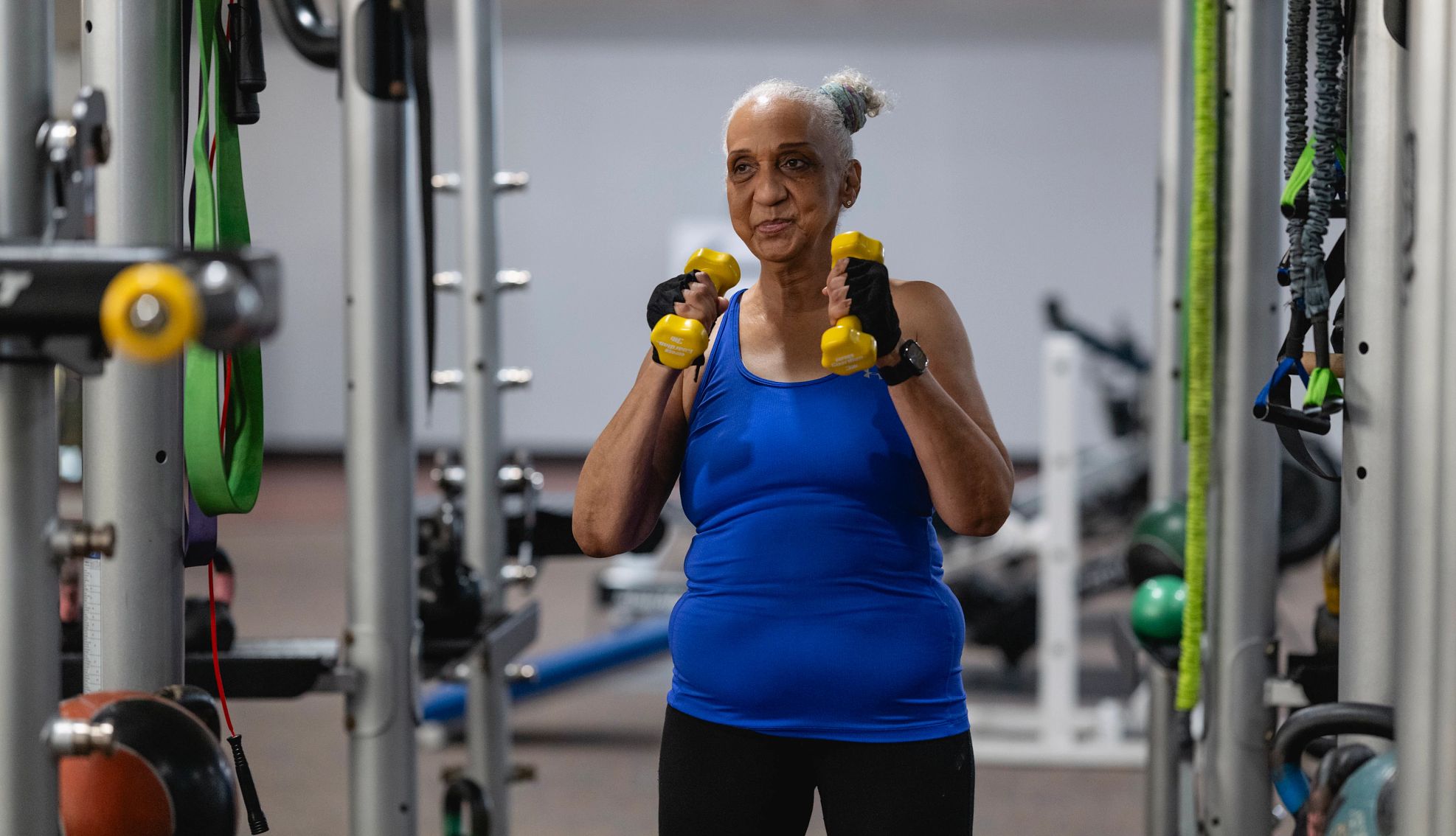Play all audios:
It would pass, I told myself, having no idea that this was the harbinger of things to come. THE CAUSE: A MYSTERY Five days later, I had a second stroke. Two days after that, a third, after
which I lost my ability to understand or express speech, a condition known as global aphasia. The rest of the strokes — an additional four — happened in rapid succession, at least one week
apart, each attack displaying different symptoms and varying degrees of intensity. For example, during my second stroke, the walls appeared to shake violently; my legs lost function, and I
sank to the floor, holding on to the edge of the bed for support. By mid-October, I was in the hospital for longer than I’d ever been, unable to speak, write or comprehend what I was
reading. Two fingers on my right hand would not move, and I even lost the power of imagination, which is caused by damage to the parietal and occipital lobes. For 10 days, doctors worked to
find the reason why a relatively young woman, age 53 and physically active, was having multiple strokes, and more importantly, what could be done to stop them. Specialists confirmed that it
was not genetic; that I didn’t inherit the predisposition to create blood clots, nor was the culprit cancer lurking undetected. The reason remains a mystery today. Joyce Sampson, who
survived seven strokes, works out with her niece Kennedy Essex at the Prince George's Sports and Learning Complex on Sunday, August 18, 2024, in Landover, MD. Cheriss May RECOVERY:
THERE’S NO MAGIC PILL Nearly 800,000 people in the U.S. have a stroke each year — that’s one every 40 seconds — and it takes a life every three minutes and 11 seconds. I know I was lucky. My
body was spared the indignities of paralysis that many endure after a stroke, and I regained the ability to speak in a matter of weeks, though the injuries to my brain’s right hemisphere
caused other cognitive-communication damage. I could read a complex sentence but could not tell you what it meant, and two-step instructions were impossible to follow. If faced with a
conversation in a crowded space, all I could decipher was noise. There was anterograde and retrograde amnesia, which resulted in the inability to retain new information and to remember
people and events from the past. I had trouble organizing thoughts and ideas and difficulty identifying time and place. My balance was off, too, and sometimes, the surface underneath my feet
felt soft and squishy, like walking in heels on a marshmallow floor.

